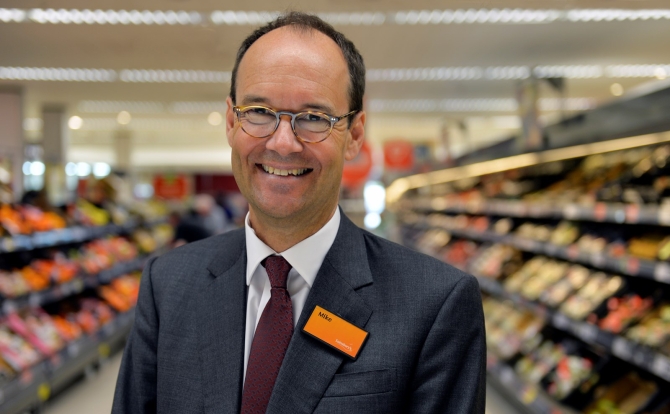The supermarket price war has taken a toll upon the annual profits of the UK’s major grocery retailers, with Tesco, Asda and Morrisons all having posted a negative set of results recently.

Unfortunately for Sainsbury’s it appears that this seems to be only the tip of the iceberg in terms of problems facing the brand, as in its latest preliminary results report it has announced a mammoth loss partly as a result of a writedown in property values.
Much like Tesco, the group has been forced to write down the value of its property assets and rein in new store openings – something which has created £628 million worth of impairment and onerous contract charges upon sites which will no longer be used for new premises.
The resulting loss before tax in the year to the 14th of March equates to £72 million, a sum which compares extremely poorly to the £898 million pre-tax profit garnered in the 2013-14 financial year.
In a further blow, the group saw underlying sales fall by 0.9 per cent to £26,112 million and retail sales excluding fuel shrink by 0.2 per cent. Moreover, like for like sales excluding fuel fell by 1.9 per cent, resulting in an underlying profit before tax plunge of 14.7 per cent to £681 million – significantly lower than the £798 million reported this time last year.
Yet while the supermarket brand’s first annual loss in a decade may make shareholders nervous, the report also contains a number of positive elements. Although sales at main supermarkets fell by 2 per cent during the year, the group’s convenience network went a long way in offsetting this loss with sales rising by 16 per cent to £2.1 billion.
Furthermore, Sainsbury’s seems committed to tackling the challenge raised by discounters, as it has pledged to invest £150 million on price cuts during the current financial year. This, combined with the opening of one to two new convenience stores per week in the UK, may indeed be enough to drive the wolves from its door.
Chief executive Mike Coupe (pictured) remains optimistic, saying; “We are making good progress with our strategy, and our investment in price and quality is showing encouraging early signs of volume and transaction growth.
“Clothing, general merchandise and financial services have all performed well over the past 12 months, as have our convenience and online channels. We have a significant ambition to grow these areas over the coming years.”
Previous Post
Intu Properties reports a stable start to 2015